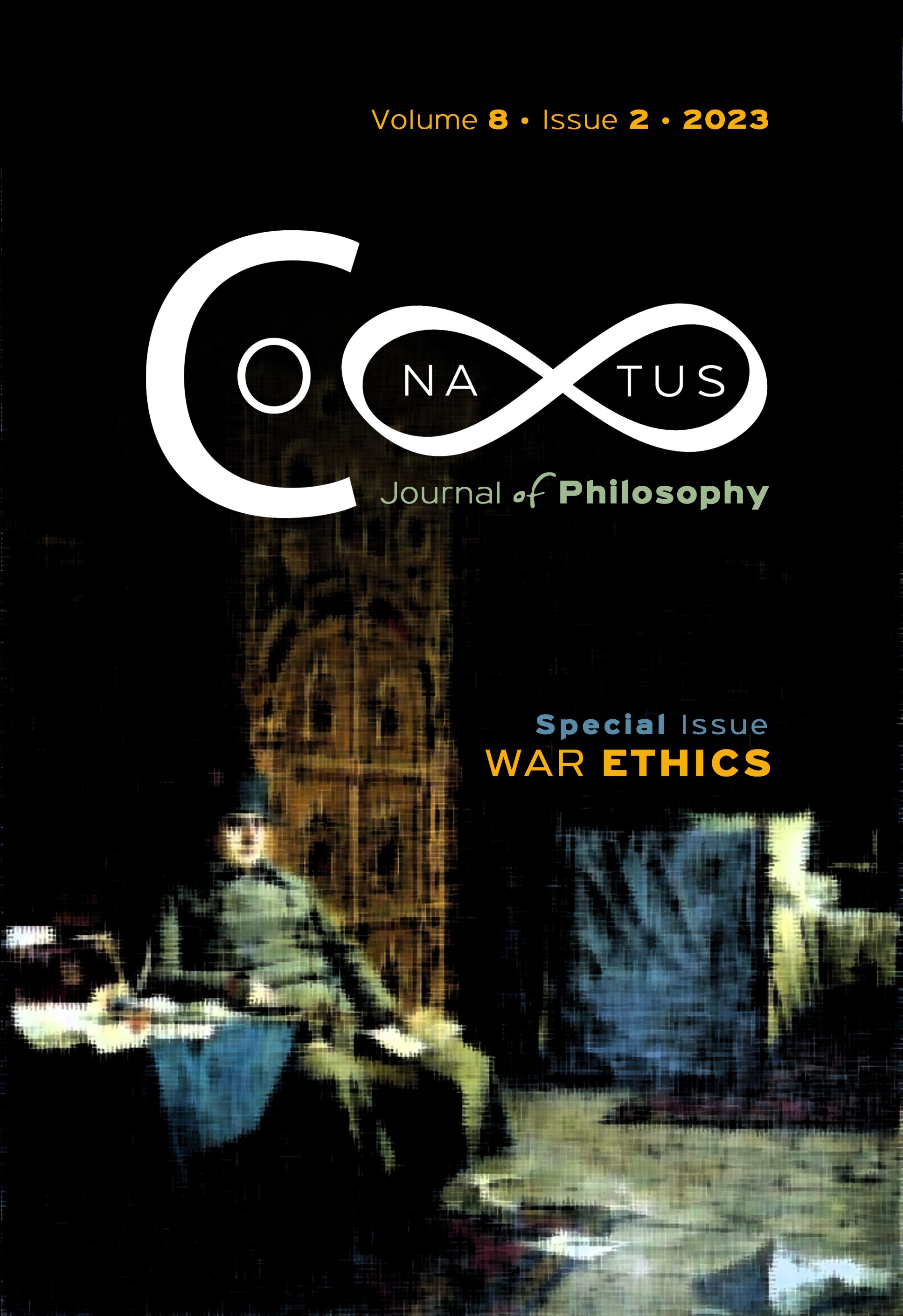War: Its Morality and Significance

Abstract
This brief paper is a general treatment of war – its morality and its political and social effects. Accordingly, we discuss primarily those armed interactions between nations, or, in “civil” wars, those aimed at securing the reins of government. These must, we contend, be inherently immoral on one side – the one which “starts” the war in question – and inherently moral on the other, who after all are defending their lives against the first. To say this requires a moral theory, which we briefly develop. It proceeds on Hobbesian-contractarian lines: if mankind occupies a “state of nature,” then we will all be worse off than if we join with each other in adopting the restrictions of morality – fundamentally, and primarily, of nonviolence, of living at peace with each other. This raises a question about the very rationality of war, to be sure. And yet, war we have, in considerable and unfortunate abundance. How can this be? Some tentative answers are suggested.
Article Details
- How to Cite
-
Narveson, J. (2023). War: Its Morality and Significance. Conatus - Journal of Philosophy, 8(2), 445–456. https://doi.org/10.12681/cjp.35790
- Section
- Articles
- Categories

This work is licensed under a Creative Commons Attribution-NonCommercial 4.0 International License.
Authors who publish with this journal agree to the following terms:
Authors retain copyright and grant the journal right of first publication with the work simultaneously licensed under a Creative Commons Attribution Non-Commercial International License (CC BY-NC 4.0) that allows others to share the work with an acknowledgement of the work's authorship and initial publication in this journal.
Authors are able to enter into separate, additional contractual arrangements for the non-exclusive distribution of the journal's published version of the work (e.g. post it to an institutional repository or publish it in a book), with an acknowledgement of its initial publication in this journal.
Authors are permitted and encouraged to post their work online (preferably in institutional repositories or on their website) prior to and during the submission process, as it can lead to productive exchanges, as well as earlier and greater citation of published work.





